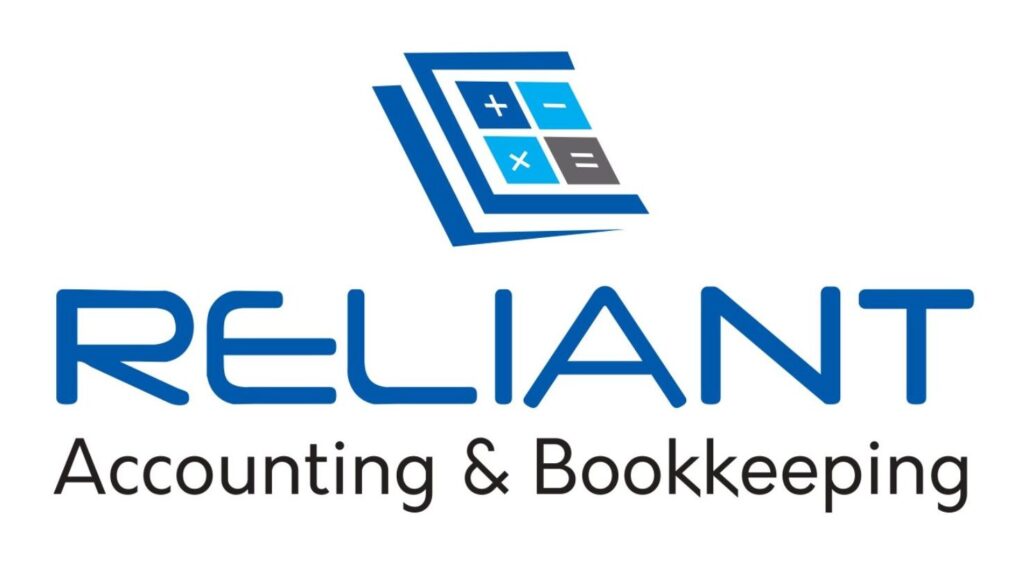Reliant Accounting: A Trusted Partner in Financial Solutions and Marketing Innovation Reliant Accounting A Financial Solutions At Reliant Accounting, we specialize in offering top-notch accounting services to businesses of all sizes. Whether you’re just starting out or are looking to scale, our experienced team is dedicated to providing solutions that allow your business to thrive. […]
Blog
The Role of Computerized Accounting: Transforming Financial Management The Role of Computerized Accounting Accounting has always been an essential part of business operations. However, the traditional methods of bookkeeping, with pen, paper, and physical ledgers, have evolved significantly with the advent of technology. Computerized accounting has emerged as the backbone of modern financial management, offering […]
The Evolution and Importance of Computerized Accounting In today’s fast-paced world, accounting is no longer just about manual entries and piles of paperwork. With the rise of technology, businesses are shifting from traditional accounting methods to computerized accounting systems (CAS). These systems offer numerous benefits, from increased efficiency to real-time financial insights. In this blog […]
Accounting and Financial Services: An Overview Introduction Accounting and financial services are integral to the functioning of businesses, governments, and individuals. These services encompass a broad range of activities, from managing financial records to advising on investment strategies. The sector plays a crucial role in economic stability and growth, ensuring that organizations maintain financial health, […]
The Importance of Bookkeeping and Accounting for Startups and Investors in Dubai Importance of Bookkeeping and Accounting for Startups Dubai has emerged as one of the world’s most dynamic business hubs, attracting entrepreneurs, startups, and investors from every corner of the globe. With its tax-friendly environment, modern infrastructure, and strategic location, Dubai offers an ideal […]
Dubai’s taxation landscape has undergone significant changes in recent years, with the introduction of corporate tax, VAT, and stricter compliance measures. For businesses and individuals operating in Dubai, understanding and adhering to these tax regulations is crucial to avoid penalties and ensure smooth financial operations. This guide outlines key strategies to stay compliant with Dubai’s […]
Dubai is known for its business-friendly environment, world-class infrastructure, and investor-friendly tax policies. Whether you are a business owner, investor, or expatriate, understanding Dubai’s tax rules is crucial for compliance and financial planning. This guide provides an overview of the key tax regulations in Dubai and what they mean for residents and businesses. 1. No […]
Integrating Accounting and Marketing for Business Success Accounting and marketing are two fundamental pillars of any successful business. While accounting focuses on financial health and resource allocation, marketing drives revenue and customer engagement. When these two functions collaborate, businesses can optimize profitability and long-term growth. This article explores how accounting and marketing work together and […]
The Intersection of Accounting and Marketing: A Strategic Approach In the modern business landscape, accounting and marketing are often viewed as distinct disciplines with separate objectives. However, when integrated effectively, these two functions can drive business success by ensuring financial sustainability and optimizing marketing strategies. This article explores how accounting and marketing intersect and why […]
Dubai is a prime destination for entrepreneurs and investors due to its strategic position, business-friendly policies, and advanced infrastructure. If you’re planning to launch a business in Dubai, it’s crucial to understand the setup process. This guide outlines the essential steps to establish a company in Dubai. 1. Determine Your Business Activity The first step […]






